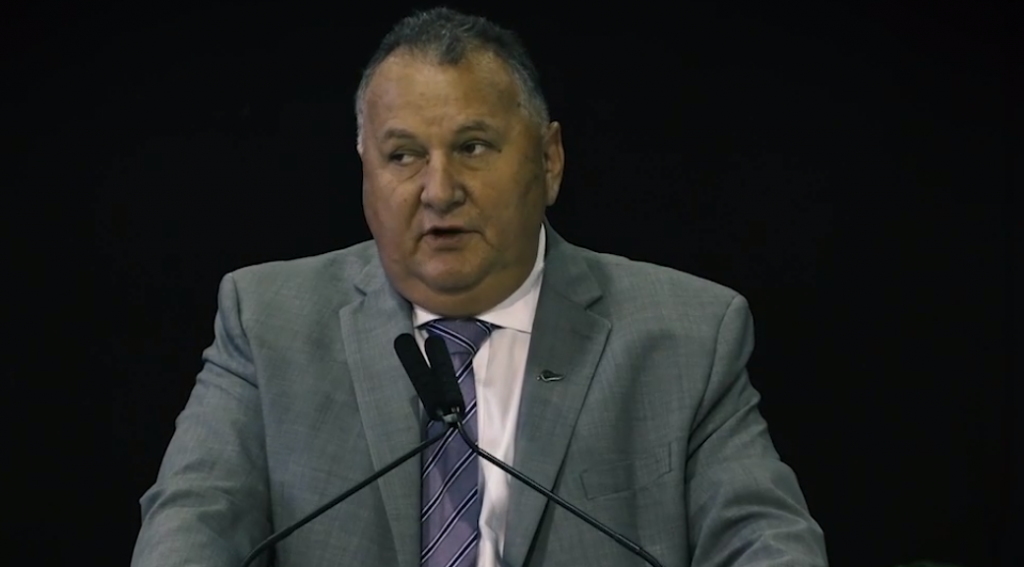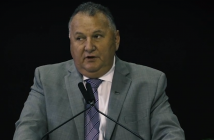The announcement that the Government will establish the New Zealand Infrastructure Commission – Te Waihanga – to perform strategy and procurement functions and vest it with sufficient independence to have mana and influence is very strongly welcomed by the infrastructure industry, says CEO of Infrastructure New Zealand Stephen Selwood

“The new Commission will help ensure we are making the best decisions about infrastructure investment to improve the long-term economic performance and social wellbeing of our country,” Shane Jones said during the announcement.
The Commission will develop a broad consensus on long-term strategy, enable coordination of infrastructure planning and provide advice and best practice support to infrastructure initiatives.
That it will be an Autonomous Crown Entity and not a department of government is especially pleasing. Independence is vital to ensuring the Commission can form its own views on infrastructure matters and build political and public consensus on New Zealand’s infrastructure needs and investment priorities.
New Zealand has a track record of underinvestment, particularly in transport, water and social infrastructure.
Failures in planning, funding and delivering services in a timely way have led to congestion in our growing cities, unaffordable houses, water shortages, boil water notices, polluted water bodies, leaky schools and hospitals and weak resilience to climate change and natural hazards.
The Commission will lead thinking on these and other important public policy issues to help identify and coordinate solutions. It will provide transparency of the infrastructure pipeline and promote integration of infrastructure and development.
It will also assist in project delivery. We often take for granted how difficult it is to plan, fund, purchase and deliver a multi-billion project consisting of multiple contracts over many years in a way which produces a single, coherent and effective service.
Specialists at the Infrastructure Commission will provide councils, DHBs and other public agencies with the support and advice needed to engage the market, manage transparent and competitive tender processes and deliver best value solutions.
This is a fundamental and much needed change to the piecemeal way we have traditionally approached infrastructure analysis, investment and delivery in New Zealand.
Poor, changeable and unpredictable project sequencing and procurement is destabilising the industry. The result is underutilisation of highly skilled staff and the loss of critical skills overseas – the same skills desperately needed to address New Zealand’s agreed infrastructure backlog.
The Infrastructure Commission will not – and should not – be able to prevent changes in policy, but, by interfacing with the market and major clients, it will be able to influence policy through an understanding of broad sector needs and issues.
We are very pleased that a comprehensive solution is now being put in place.




